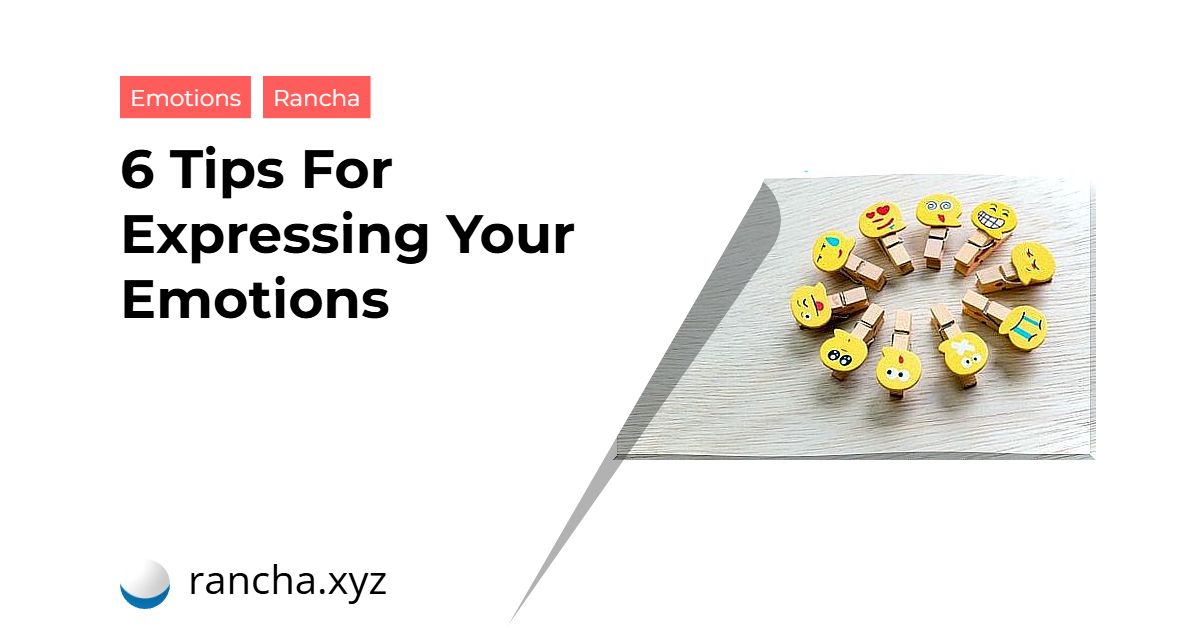Putting emotions into words is itself a healing exercise. Sometimes there is no technique that directly facilitates a change in our mood. However, it is no less true that expressing your emotions can often be healthy and liberating.
Sounds easy, maybe. In my personal and professional experience, I found that, with the habit, a slope becomes less steep. In large part, it is social and cultural conditioning that prevents us from delving into ourselves or opening up. They also influence fear, shame, anticipation of others’ thoughts, etc. So, for one reason or another, or a mixture of them, the truth is that on many occasions we silence what we want to shout.
Is it inappropriate to express your emotions?
It will never be inappropriate to express your emotions, even if tradition and common sense have, for many centuries, defended the opposite idea. In this sense, the weakening of this tradition means that new generations will express themselves more easily, but it also means that we will have to unlearn part of what we have learned and assimilated.

We started to feel emotions since we were children. When we were babies, we laughed or cried to express ourselves. Little by little, the range of emotions opened up: anger, fear, guilt, joy, sadness, love, etc. We can ask ourselves: if emotions are such a real thing, why do we repress or guard them, expending so much energy?
We spoke earlier about the social conditions that limit us. Like, for example, phrases like “Don’t cry because they’ll think you’re a weakling”; “A child as beautiful as you shouldn’t cry”; “A young lady should not behave like that”; “Men are not afraid.”
If during our childhood we didn’t have an environment that encouraged our emotional development (it can be direct, but it is also effective to have good role models), the normal thing is to end up abolishing our emotional world. In the absence of adequate emotional education, this is, in theory, a smart solution. The child or teenager says, “I’m not going to delve into terrain I don’t know.”
However, what at first might be a solution to avoid bigger problems, over time becomes counterproductive. Biology seems to tell us that, above thinking beings, we are emotional beings. So how can it be a good idea to abolish an intrinsic part of our nature that, in addition, whether we like it or not, will continue to influence us?
Facilitators of Emotional Expressiveness
Knowing how to properly express your emotions will lead to positive changes in different areas. We will present below a series of tips to improve your way of dealing with emotions and, therefore, your emotional intelligence:
Catharsis
By expressing emotions, we achieve controlled release of energy. The word catharsis exactly means purification. In this case, as written in Aristotle’s Poetics , it is an emotional, bodily, mental and spiritual purification.
Accumulating these negative emotions is a charge that, in the end, makes you feel anger, bitterness, and even revenge. Sooner or later it will certainly affect our mental and physical health.
Inner peace
Freeing yourself from negative charges offers the opportunity to get rid of evil and find inner peace. It helps to settle us in a state of mental and spiritual tranquility, in which one knows and understands what was experienced without suffering. In this way, our resilience (ability to grow stronger in adversity) will increase.
Furthermore, inner peace underlies the feeling of happiness and fullness. This is possible thanks to being honest with ourselves and expressing our emotions properly.

emotional well-being
Achieving inner peace is one of the favorable conditions for us to get closer to the feeling of emotional well-being that we all feel at some point. A state in which we seem to be in accord with the frequency of the world. A perspective from which we can identify an order that pleases us.
respect for yourself
By expressing our emotions assertively, we are freeing ourselves from dependence on others’ opinions. Recognizing what we feel, dealing with it properly and expressing yourself helps to defend our rights, to establish limits when approaching others affectionately, etc. This is respecting yourself and protecting yourself from abuse and mistreatment or toxicity from others.
empowerment
When we gain purification and self-respect through emotions, we can say that we take control of our emotional life.
When we are in balance with ourselves, our desires and personal emotions, we feel coherent. Being able to do this gives us power over life and its constant changes. That is, it allows us to move forward and grow.
Reliability
In addition to saving our physical and emotional health, expressing our emotions correctly improves relationships with others. It allows us to establish healthier bonds, based on honesty, trust and respect.
When we show ourselves as we are, without fear of our emotions, we project a more authentic personality, something that can increase the confidence we convey (credibility) to people.

As we could see, expressiveness is a door of possibilities. The two most important are related to the social plane: on the one hand, it allows us to better deal with our emotional energy and, on the other, it allows us to establish trusting relationships in which intimacy and complicity become possible.
Are you prepared to express your emotions?
 rancha.xyz Be free to choose their own route to self-knowledge, health and balance of body and soul.
rancha.xyz Be free to choose their own route to self-knowledge, health and balance of body and soul.




